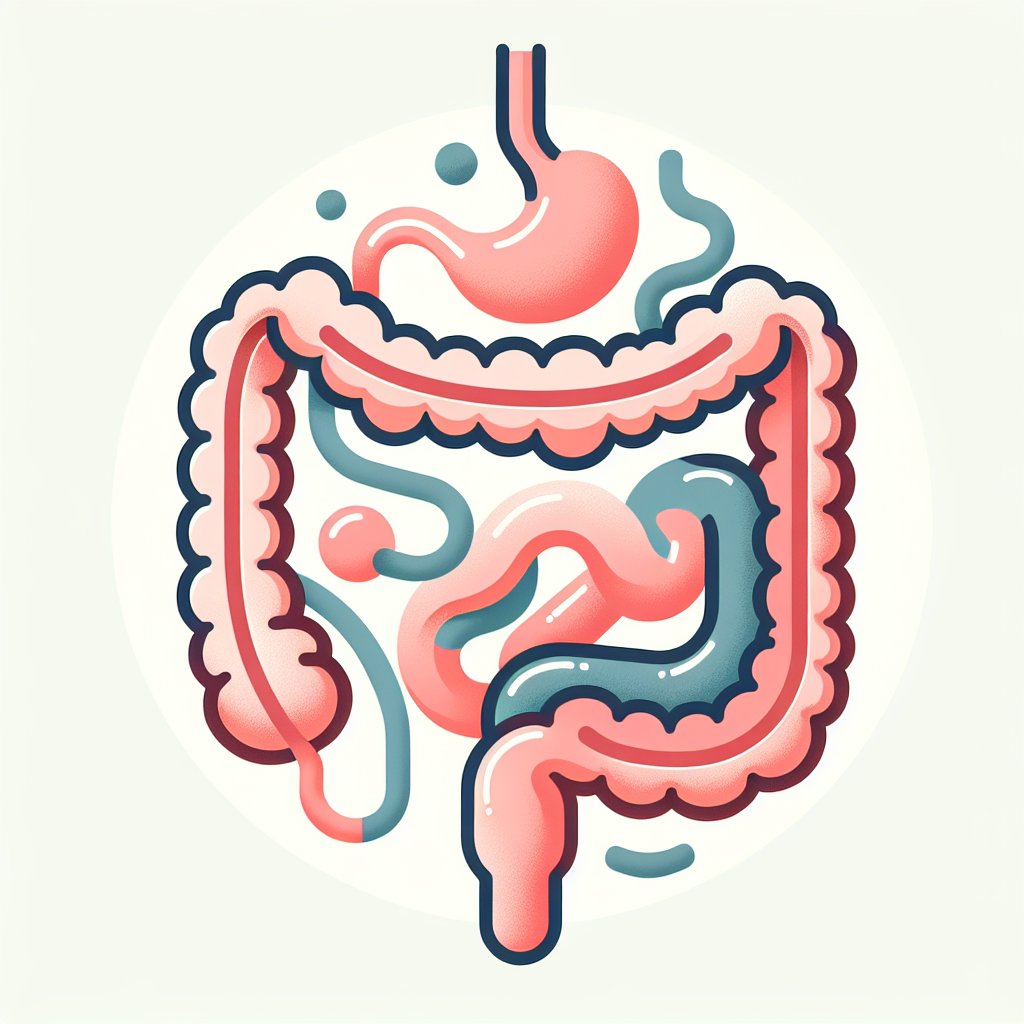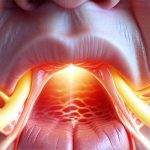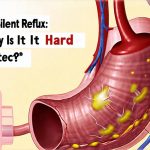Gastroesophageal reflux disease (GERD) is a common condition affecting millions worldwide, characterized by persistent acid reflux. While heartburn is often the most recognized symptom, many individuals experiencing GERD also report nausea as a significant component of their discomfort. Understanding the complex relationship between these two symptoms can be crucial for effective management and improved quality of life. This article explores the multifaceted connection between GERD and nausea, examining potential causes, contributing factors, and ways to navigate this challenging combination.
Nausea isn’t simply an unpleasant sensation; it’s a protective mechanism signaling that something is amiss within the digestive system. In the context of GERD, nausea can stem from various sources beyond just the acidic irritation in the esophagus. It can be linked to delayed gastric emptying, esophageal dysmotility, or even psychological factors associated with chronic discomfort. Recognizing these potential origins helps illuminate why some individuals experience frequent or severe nausea alongside their GERD symptoms.
Understanding the Link Between Acid Reflux and Nausea
Acid reflux itself can directly trigger nausea in some people. The sensation of stomach acid rising into the esophagus is inherently unpleasant, and for those sensitive to it, this feeling alone can induce feelings of sickness. Furthermore, the inflammatory response within the esophageal lining caused by chronic acid exposure may stimulate nerve pathways that contribute to nausea.
The vagus nerve, a crucial component of the digestive system’s control center, plays a significant role here. Irritation in the esophagus from reflux can activate the vagus nerve, sending signals to the brain that are interpreted as nausea and potentially leading to vomiting.
The Role of Gastric Emptying and Motility
The speed at which food moves through the digestive system – gastric emptying – and the coordinated contractions of the intestinal muscles (motility) significantly impact GERD symptoms and can contribute to nausea. Disruptions in these processes are often intertwined with acid reflux, creating a cyclical pattern of discomfort.
Delayed Gastric Emptying
When the stomach empties too slowly—delayed gastric emptying or gastroparesis—food remains longer, increasing the risk of acid reflux as there’s more content for the lower esophageal sphincter to potentially allow back up into the esophagus. This prolonged presence of food also increases bloating and fullness, which can intensify nausea. Certain medications used to treat GERD, paradoxically, can sometimes contribute to delayed gastric emptying in some individuals.
Esophageal Dysmotility
Esophageal dysmotility refers to impaired coordinated muscle contractions within the esophagus. If the esophageal muscles don’t effectively propel food down towards the stomach, it increases the likelihood of backflow and reflux. This disruption, combined with the feeling of food “sticking” in the esophagus, can be intensely nauseating for some people. Dysmotility may also affect how quickly acid is cleared from the esophagus, prolonging irritation and potentially exacerbating nausea.
The Vagus Nerve Connection
As previously mentioned, the vagus nerve is central to digestive function. Both delayed gastric emptying and esophageal dysmotility can overstimulate the vagus nerve, leading to increased feelings of nausea. Furthermore, chronic inflammation associated with GERD can affect vagal tone—the level of activity in this crucial nerve—potentially contributing to a persistent sense of unwellness even when heartburn is minimal.
It’s important to note that experiencing both GERD and frequent nausea warrants further investigation. While often interconnected, other conditions might be responsible for the nausea or contribute to its severity. Seeking professional medical guidance is essential for accurate diagnosis and an appropriate management plan tailored to individual needs. A healthcare provider can help determine if additional testing is necessary to rule out other potential causes and recommend strategies for mitigating both GERD symptoms and associated nausea. Lifestyle adjustments, dietary modifications, and medication (if prescribed) are all potential avenues to explore under the guidance of a medical professional.


















